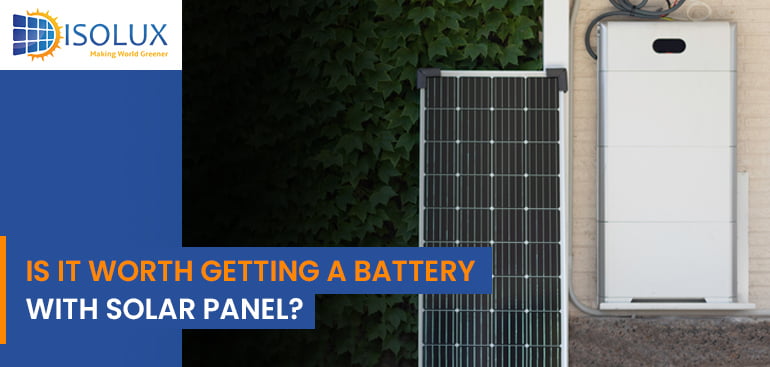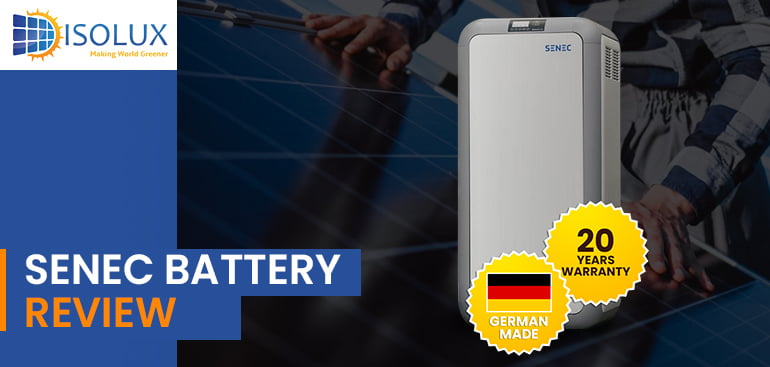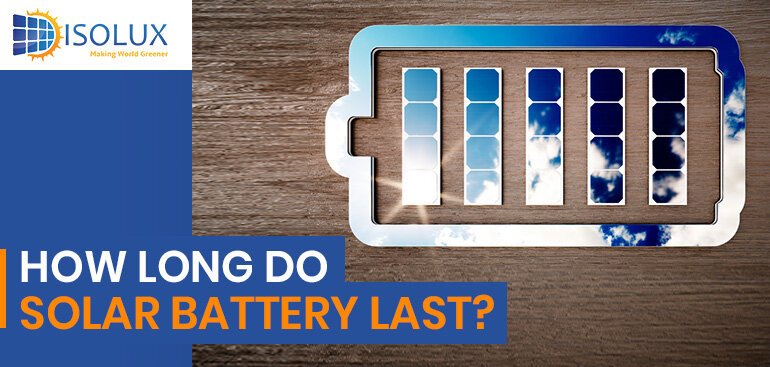As the world becomes more conscious of its impact on the environment, many homeowners are looking for ways to reduce their carbon footprint and reduce energy dependence. One solution that has gained popularity in recent years is installing a solar with battery storage. Let’s explore the key benefits of going solar with battery package and the benefits of installing it.
Do I Need a Solar with Battery Backup?
If you want power backup during outages or if you want to reduce your reliance on the grid as much as possible, a solar battery backup is a good investment. A solar battery backup allows you to store excess solar energy generated during the day and use it at night or during outages, which can provide a reliable source of power and help you save money on your electricity bills.
On the other hand, if you only want to reduce your daytime electricity usage and don’t prioritize having backup power during outages, a solar system without a battery may be a more cost-effective solution.
It’s important to carefully consider your energy needs, usage patterns, and financial goals before deciding to purchase a battery. A trusted solar provider can help you assess your energy needs and provide recommendations on the best solar solution for you.
Solar Panel System with Battery Backup
A solar panel system with battery backup is a renewable energy system that uses solar panels to generate electricity, which is then stored in a battery for later use. The battery acts as a power backup in case of an outage, providing a reliable source of energy during power cuts. This type of solar panel system not only helps homeowners reduce their dependence on the grid and potentially save money on their monthly energy bills but also provides a power backup in case of emergency situations and protects the home from potential damage during a power outage.
Types of Batteries
Nickel-Cadmium (NiCad) Batteries: These batteries are known for their durability and long lifespan, but are becoming less popular due to their relatively low energy density and relatively high cost compared to other types of batteries.
Lead-Acid Batteries: These are traditional batteries commonly used for backup power and have been used for many years in the solar industry. They are relatively inexpensive, but also have a shorter lifespan and require more maintenance compared to other types of batteries.
Lithium-Ion Batteries: These are the most popular type of batteries for solar systems, due to their high energy density, long lifespan, and low maintenance requirements. They are more expensive upfront compared to lead-acid batteries but can provide better value over the long term.
Sodium-Sulfur (NaS) Batteries: These batteries are commonly used in large-scale energy storage systems due to their high energy density and low cost. They are also relatively long-lasting but can be expensive to maintain and are sensitive to temperature.
Flow Batteries: These batteries use a liquid electrolyte to store energy, which allows for a high energy density and scalability. They are often used in large-scale energy storage systems but can be more expensive compared to other types of batteries.
Find The Local Solar Installer in Sydney
Searching for a local solar installer in Sydney? There are many factors to consider, such as the solar panel system size and capacity of the solar panel system, the type of solar panels and batteries to use, installation costs, NSW solar rebate, and financing options. It’s essential to work with a trusted and experienced solar installer, who can assess your energy needs and provide customized recommendations.
How Do Batteries Work?
Batteries work by storing electrical energy in a chemical form and releasing it as direct current (DC) electricity when needed. The basic components of a battery include two electrodes (anode and cathode) and an electrolyte that allows the flow of ions between the electrodes. When the battery is charged, ions flow from the anode to the cathode through the electrolyte, storing energy in the battery. When the battery is used to power a device, ions flow from the cathode to the anode, releasing the stored energy as DC electricity.
Different types of batteries use different materials and electrolytes to store and release energy. For example, lead-acid batteries, commonly used in cars and backup power systems, use lead and lead dioxide as electrodes and sulfuric acid as the electrolyte. Lithium-ion batteries, commonly used in portable electronics and some solar battery systems, use lithium-cobalt oxide and graphite as the electrodes and lithium salt in an organic solvent as the electrolyte.
The capacity and efficiency of a battery depend on various factors such as the materials used, the design of the electrodes and electrolyte, and the operating conditions of the battery. Batteries can degrade over time and eventually need to be replaced, which is an important factor to consider when choosing a solar battery storage system.
Benefits of Going Solar with Battery
One solution that has gained popularity in recent years is installing a solar panel system with battery. Here are the benefits offered by going solar with battery.
1. Increased Energy Savings
By pairing your solar with battery storage, you can store excess energy generated during the day for use during peak hours, when energy costs are higher. This means that you can significantly reduce your dependence on the grid and potentially save money on your monthly energy bills. Furthermore, if you live in an area with time-of-use rates, you can take advantage of lower energy rates during off-peak hours by charging your battery when rates are low and using stored energy when rates are high.
2. Improved Energy Reliability
A solar battery system provides a backup source of power in case of an outage, ensuring that you have a reliable source of energy when you need it most. This not only provides peace of mind, but also protects your home from the potential damage that can occur during a power outage, such as food spoilage, sump pump failure, and well pump failure.
3. Increased Home Value
Installing a solar energy system with a battery can also increase the value of your home. According to a recent study by the National Renewable Energy Laboratory, homes with solar energy systems tend to sell faster and for more money than homes without them. In addition, having a backup source of power through a battery system can also be seen as a desirable feature to potential buyers.
4. Environmental Benefits
Finally, perhaps the most compelling reason to go solar with a battery is the positive impact it has on the environment. By reducing your reliance on traditional energy sources, you are reducing your carbon footprint and helping to preserve the planet for future generations.
Conclusion
In conclusion, there are many compelling reasons to go solar with a battery. From increased energy savings and reliability to improved home value and environmental benefits, now is the perfect time to make the switch.
If you’re interested in learning more about battery with solar panel, contact a CEC Accredited Solar Installer in Sydney today and Get a Free Quote to switch to clean and renewable energy.
Read Next Blog:




